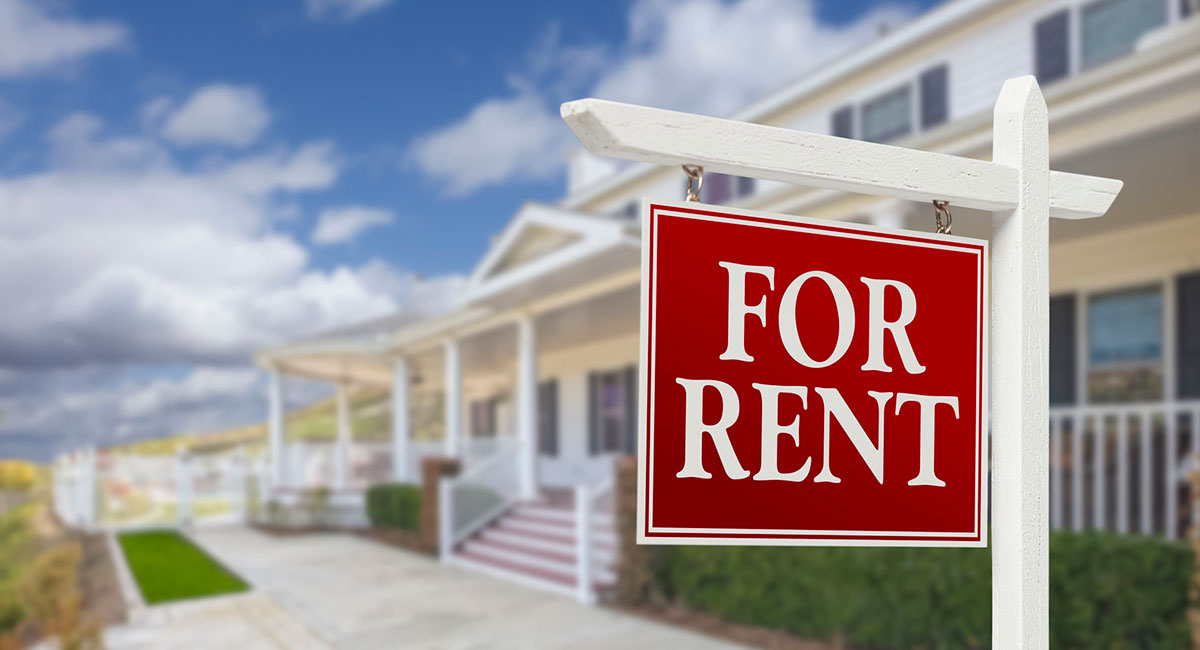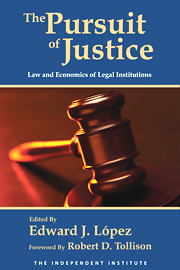It is universally acknowledged that housing affordability has reached crisis levels in California. This crisis has only gotten worse in recent years as state and local officials have continued to double down on failed policies. The Golden State will not significantly improve the situation until it stops shooting itself in the foot.
For starters, if you want more properties for housing, you need strong property rights protections. But that has not been the case in California, particularly in recent years. Extended eviction moratoriums are a case in point.
State and local prohibitions on evictions were rationalized largely due to other harmful government policies: the lockdowns and other stringent economic regulations imposed during the coronavirus pandemic. These laws, which contravened prior public health standards and responses to outbreaks, proved to be wholly ineffective, but they did succeed in destroying countless people’s livelihoods, stunting children’s educational growth and preventing people from visiting dying loved ones in hospitals and nursing homes. California’s COVID-19 laws were notoriously among the strictest in the nation.
After eliminating millions of people’s incomes unnecessarily, governments compounded the error by enacting eviction moratoriums so that people could not be evicted for failing to pay rent due to economic hardships experienced during the pandemic. Taxpayers were further sapped to pay for rental assistance programs to cover some of this lost income (which, again, government policies were largely responsible for creating).
But many landlords never received what they were owed, particularly since the programs generally required the cooperation of deadbeat tenants. In major metropolitan areas like Los Angeles County, San Francisco and Oakland, eviction moratoriums persisted three years after the onset of the pandemic, long after the vast majority of people returned to work. There are now billions of dollars in unpaid rent in California, and many landlords, who still must pay mortgages and property taxes even as their own incomes have disappeared, have lost their properties as a result, some of which also served as their personal homes.
It is hardly the only insidious policy that the state and local governments have adopted, however. In 2019, Assembly Bill 1482 limited rent increases to five percent plus inflation, up to a maximum of 10 percent; made it more difficult to evict tenants from certain types of properties; and required landlords to provide relocation assistance equal to one-month’s rent to tenants in “no fault” evictions.
A current proposal, Senate Bill 567, by state Sen. María Elena Durazo, D-Los Angeles, sought to further restrict landlords’ control over their own properties by lowering the rent cap to 5 percent (even less than inflation the past two years); eliminating the existing exemption for single-family houses and condominiums; prohibiting eviction if the property owner or their relative wants to move into the unit and if the tenant is aged 60 years or older, disabled, or terminally ill; require that if there is an eviction to enable the owner or their relative to occupy the residence, the owner or relative must use the unit as their primary residence for at least three years; and mandate that if a tenant is evicted because the owner is withdrawing the property from the rental market, the property must remain off the market for at least 10 years. In addition to the obvious violations of private property rights and the right of contract, it should be noted that this would have led to discrimination against the elderly and disabled, as property owners would fear renting to them because then they may not be able to move back into their own properties in the future!
Fortunately, these measures were eventually stripped from the bill (though owners or their relatives would still have to remain in a property for one year, instead of the original three years, if they evicted the previous occupants). The bill now is mostly focused on providing greater enforcement of the AB 1482 measures by allowing wrongfully evicted tenants to sue landlords for triple the amount of actual damages, plus punitive damages and attorneys’ fees.While the most radical provisions of SB 567 were ultimately stripped out this time, there is a strong likelihood that they will be pushed—and possibly adopted—next year or the year after that. The prospect hangs like the sword of Damocles over the heads of property owners in California.
It is no wonder then why, despite a significant housing shortage, developers and landlords are reluctant to provide more housing. If the state and local governments continue to demonize landlords, allow tenants to steal from them through unpaid rent and force them to endure costly and lengthy legal processes to get rid of nightmare tenants, more and more current and potential landlords and developers will rationally conclude that it just is not worth the hassle and risk—and the housing supply will shrink further, making the affordability crisis worse.









